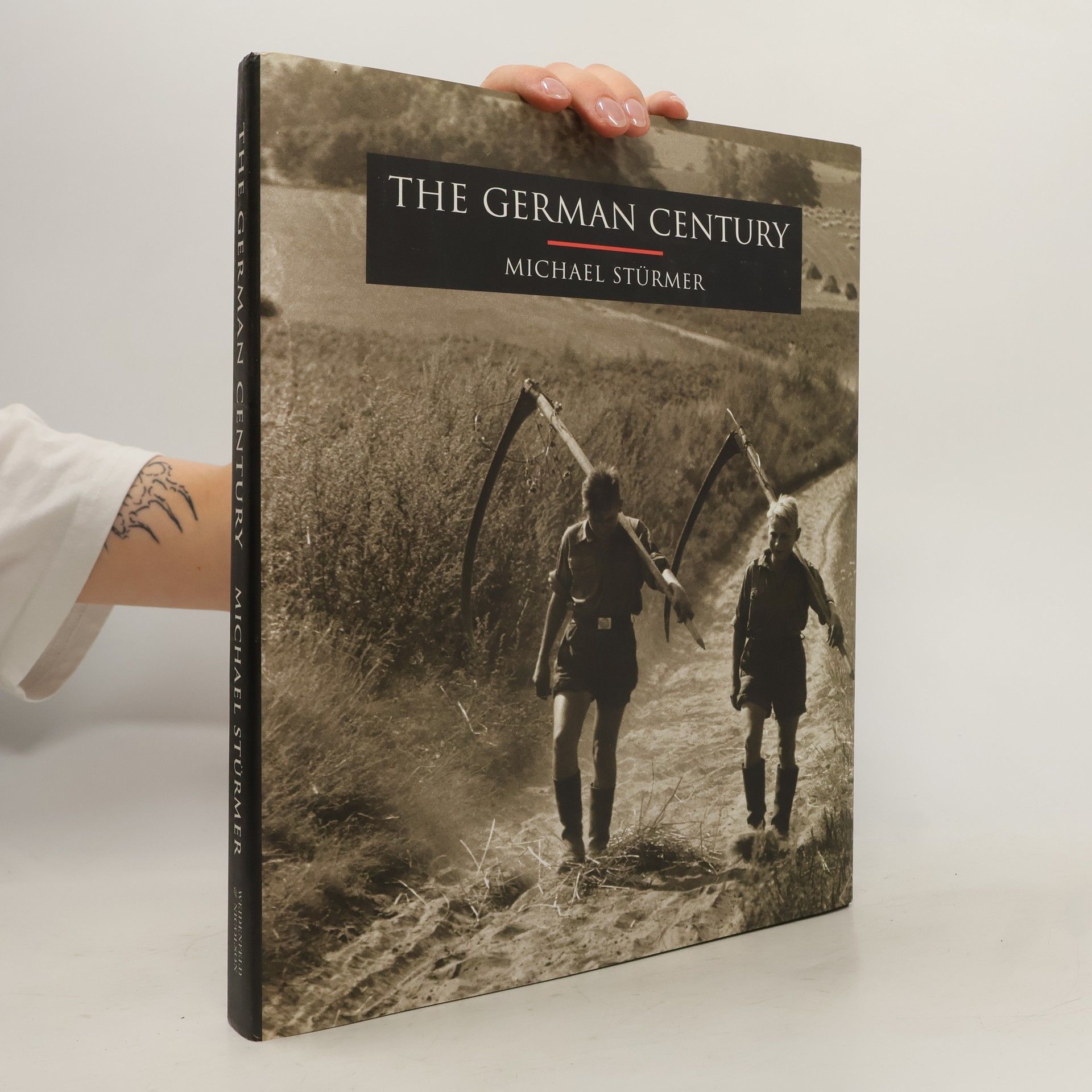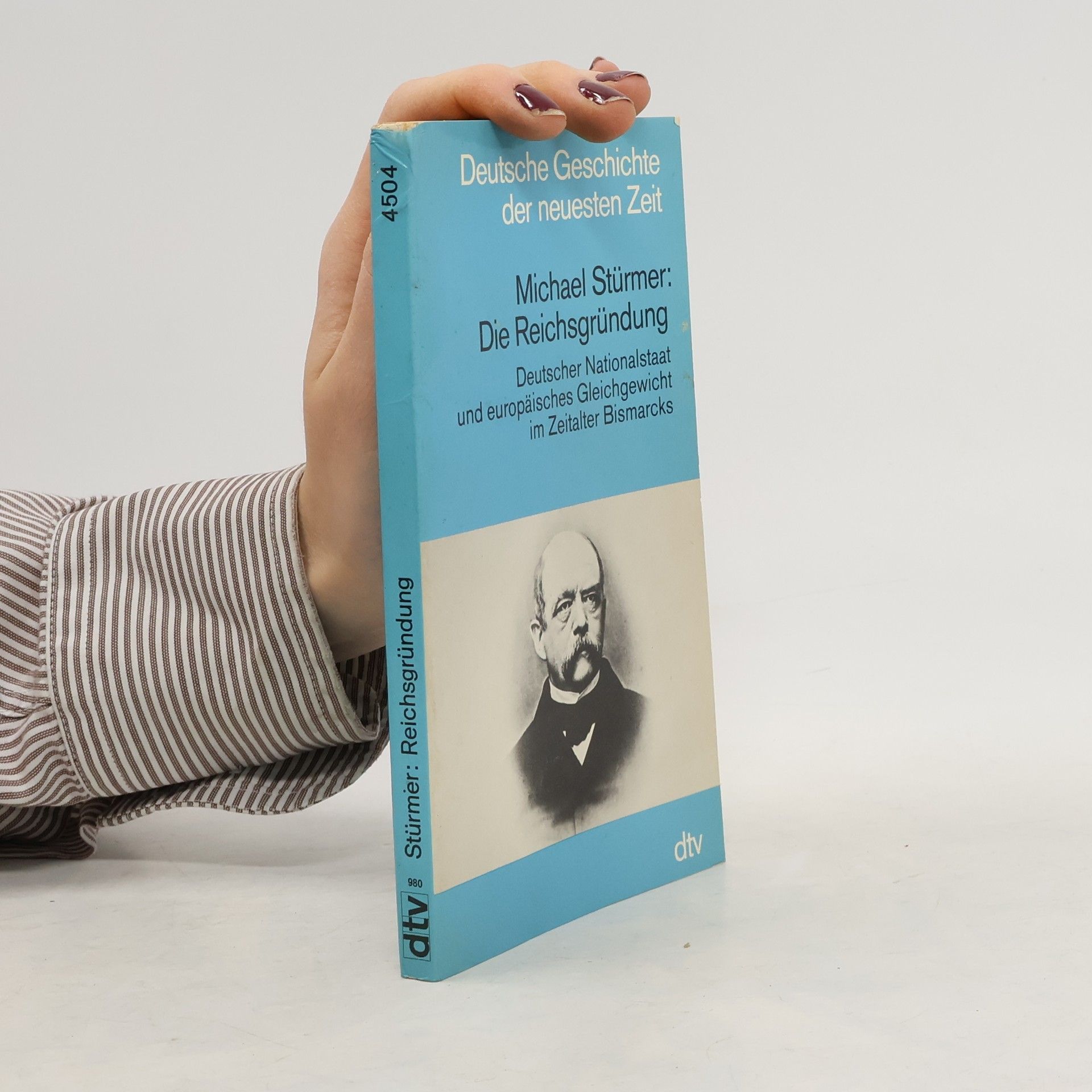The German century
- 288 pages
- 11 hours of reading
For the best part of the 20th century, Germany has either united the world in anger or driven it apart. Its late appearance on the European scene in 1871 might have been expected it to keep it in the second rank, but it was soon apparent that Germany's first unification, in the 19th century, was a greater event than the French Revolution. Germany has operated on a cycle: from the greatness of the Prussian state to the depths of World War I and its aftermath; from the rise of Hitler, determined to take Germany to greatness again, to the division of the country by the victorious Allies after World War II; and then the fall of the Berlin Wall and the ending of the Cold War. These images provide a photo-journalistic history of Germany, from the rise of Prussia, through the two world wars and the fall of the Berlin Wall to reunification.









